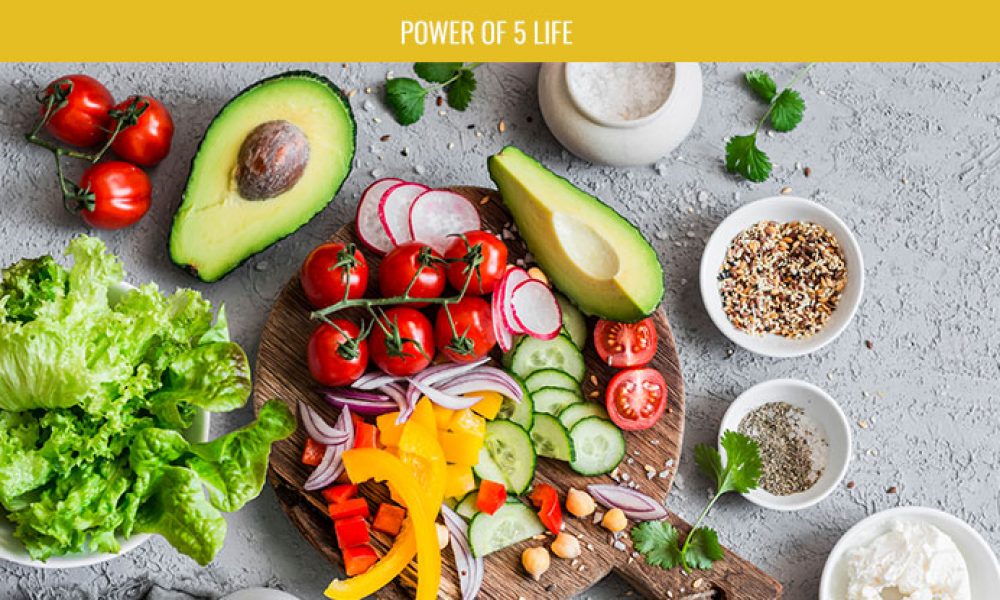May is National Mediterranean Diet Month for You and Me.
As you may know, many of the blogs I write are about personal experiences and how they have shaped my life. National Mediterranean Diet Month was designated in 2009 to highlight the health benefits of this way of eating.
I have always loved Mediterranean food. I fell in love with hummus and tahina on my very first trip to the Middle East when I was twelve years old. Now, I am convinced that my DNA is rooted in the Middle East. There is something in my very distant past about wandering in the Sinai Desert for 40 years that might have something to do with it.
The Mediterranean diet is a way of eating that’s based on the traditional cuisines of Greece, Italy and all the other countries that border the Mediterranean Sea.
It’s meant to infer a universal ‘Mediterranean’ identity. But the fact is, the Mediterranean basin spans 22 countries across Europe, Asia and Africa. And each country along the Mediterranean Sea boasts a different diet, religion and culture.
The Healthy Approach
There are other reasons that the celebration of National Mediterranean Diet Month is so special. For many years, this type of eating lifestyle has won the award for the healthiest for heart health, brain health, and longevity.
When experts describe the Mediterranean diet, they include words like plant based (or with limited and lean meat, poultry and fish), fresh fruits and vegetables, olive oil, and lots of fun. When aging experts describe the eating lifestyle among centenarians, they use similar words for a long and healthy life.
Neurologists advocate a healthy brain utilizing the MIND diet. The MIND diet is a brain-healthy diet that stands for Mediterranean-DASH Intervention for Neurodegenerative Delay. It’s a hybrid of the DASH diet (Dietary Approaches to Stop Hypertension) and the Mediterranean diet. It focuses on food groups in each diet that can boost your brainpower and protect it from age-related problems like Alzheimer’s disease. (It is hard to criticize the MIND diet unless you staunchly believe in the hazards of olive oil.)
My Transition Experience
Let just say that there was a time in my life that I did not place enough restrictions on my food intake. Okay, I ate meat and potatoes! When I came to my senses, I made a gradual transition away from animal products and increased my intake of fruits and vegetables.
I also love pizza which originated in Italy, which is in the Mediterranean region. My problem was I loved it so much that I could not control my appetite when it was in front of me. The other problem for me was that pizza contained too much processed wheat and fat from cheese, making it hard to control my weight. So, you may wonder, if I limited animal products and my favorite food group (pizza), what would I eat?
- It turns out it was easy. I love fresh fruits and I have enhanced my satisfaction with vegetables. I can honestly say I can’t identify a vegetable I don’t like.
- Adjusting my intake of grains to those less processed, such as whole wheat and new ones such as quinoa and amaranth, were welcome additions.
- People ask me about my source of protein. This gives me the opportunity to enlighten them about the high protein content in legumes and mushrooms.
- By changing to a Mediterranean diet, there is a significant increase in fiber content. This presents major benefits to bowel function and the microbiome we carry in our intestines.
- Intake of vegetables like avocados becomes an excellent source of healthy fat, which is important to maintain the integrity of brain function.
Take a Look at a Map!
While this rounds out the makeup of a Mediterranean diet/lifestyle, it is worth a trip to a map to discover all the different countries in the Mediterranean region. Remember, we consider France, Portugal, Spain, Italy, Israel, and other Middle Eastern countries as part of the Mediterranean. Each has their own healthy foods and recipes, and each boasts the best hummus, falafel, and baba ganoush!
Mediterranean diet month is a splendid opportunity to experiment with the tastes and recipes of the region. My wife, Melissa, has been posting healthy, mainly Mediterranean recipes on our website. Look for her recipes and try one. I am sure you will like it and will come back for more.
In my next blog, I will address the impact that this lifestyle change had on my health and sense of wellbeing. Stay tuned.
To a long and healthy life,
David Bernstein, MD



